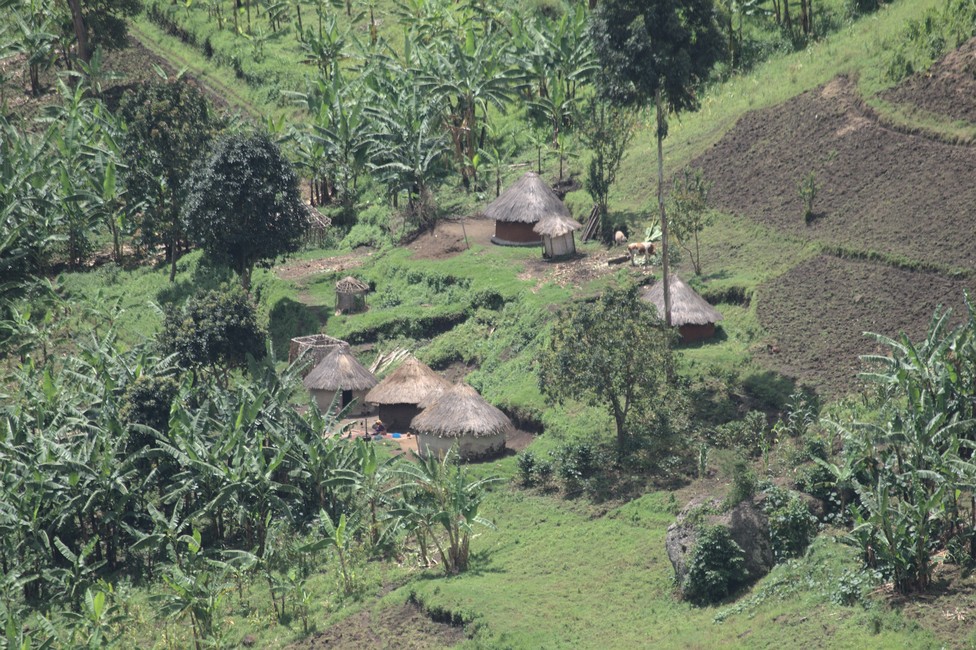Is Uganda a rich or poor country?
Uganda is generally considered a developing country with a lower-income economy. While it has made progress in recent years in terms of economic growth and poverty reduction, it still faces significant challenges in terms of poverty, inequality, and development.

The economy of Uganda relies heavily on agriculture, which employs the majority of the population. However, the agricultural sector is characterized by subsistence farming and faces issues such as low productivity, limited access to modern technologies, and vulnerability to climate change.
Agriculture plays a vital role in the economy of Uganda, employing a significant portion of the population and contributing to both food security and economic development. Here’s an overview of agriculture in Uganda:
- Importance: Agriculture is the backbone of Uganda’s economy, employing over 70% of the population and contributing a substantial share to the country’s GDP. It is a key sector for poverty reduction, rural development, and food security.
- Subsistence Farming: The majority of agricultural activities in Uganda are small-scale and focused on subsistence farming. Farmers typically cultivate small plots of land using traditional methods and rely on rain-fed agriculture. The main crops grown include maize, bananas, cassava, sweet potatoes, beans, millet, and sorghum.
- Cash Crops: Uganda is also known for its cash crops, which contribute to export earnings. Coffee is the leading cash crop, with Uganda being one of the largest coffee producers in Africa. Other important cash crops include tea, cotton, cocoa, tobacco, and oilseeds such as sesame and sunflower.
- Livestock: Livestock rearing, including cattle, goats, sheep, pigs, and poultry, is an integral part of agriculture in Uganda. Livestock provides food, income, and draft power for farmers. Dairy farming is particularly important, with Uganda being a major milk producer in the region.
- Challenges: Despite its significance, agriculture in Uganda faces several challenges, including limited access to modern farming technologies, inadequate infrastructure, climate change impacts, pests and diseases, post-harvest losses, and limited access to markets. Poor agricultural practices, such as low fertilizer use and limited mechanization, can also hamper productivity.
- Government Initiatives: The Ugandan government has implemented various programs and initiatives to promote agricultural development. This includes investment in rural infrastructure, extension services, and the provision of inputs like improved seeds and fertilizers. Efforts are being made to promote commercial farming, agro-processing, value addition, and the adoption of climate-smart agriculture practices.
- Opportunities: Uganda has significant agricultural potential due to its favorable climate, abundant water resources, and diverse agro-ecological zones. The country’s fertile soils and suitable conditions support the cultivation of a wide range of crops. There are opportunities for agribusiness, agro-processing, irrigation development, and export-oriented agriculture.
- Organic Farming: Uganda has also gained recognition for its organic farming practices. Organic products, including coffee, tea, fruits, and vegetables, are in high demand in international markets, presenting opportunities for organic farmers.
Agriculture in Uganda is essential for food security, employment, and economic development. Efforts are being made to address the challenges and promote sustainable and modern farming practices to improve productivity, incomes, and livelihoods for farmers across the country.
Uganda also has potential in other sectors such as tourism, oil and gas, and manufacturing, but their development is still in progress.
Is Uganda a rich or poor country?
Poverty is a significant issue in Uganda, with a substantial portion of the population living below the poverty line. Access to basic services such as healthcare, education, and clean water is limited in certain areas, particularly in rural communities. Income inequality is also a challenge, with a significant wealth gap between different segments of the population.
It’s important to note that despite the economic challenges, Uganda has a rich cultural heritage, biodiversity, and natural beauty, including national parks and tourist attractions like the mountain gorillas in Bwindi Impenetrable National Park. The government and various organizations are working towards promoting sustainable development, improving infrastructure, and attracting investment to stimulate economic growth and alleviate poverty.
Overall, while Uganda may face economic and development challenges, it also possesses potential for growth and has valuable resources. Efforts are being made to address these issues and improve the well-being of its people.
Is Uganda a rich or poor country? Not easy to say. Compared to Western standards yes but when it comes to quality of life I would say no.